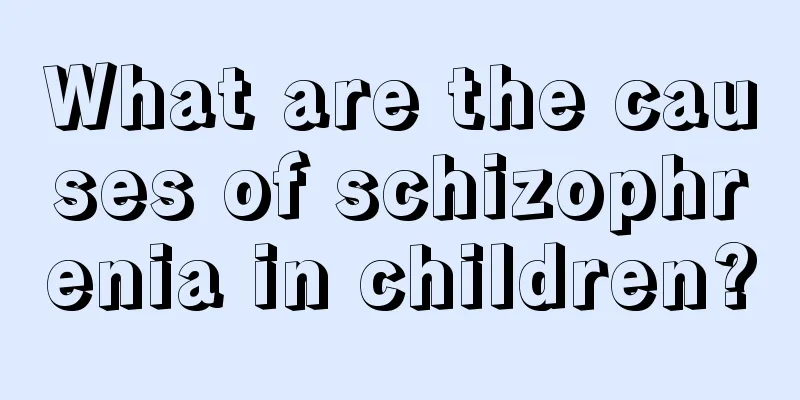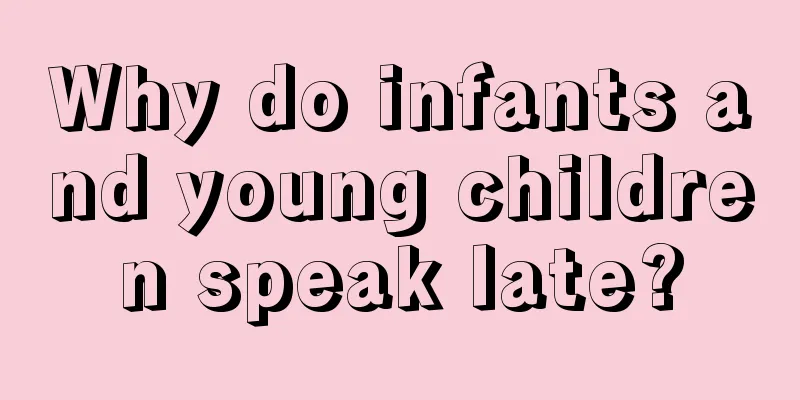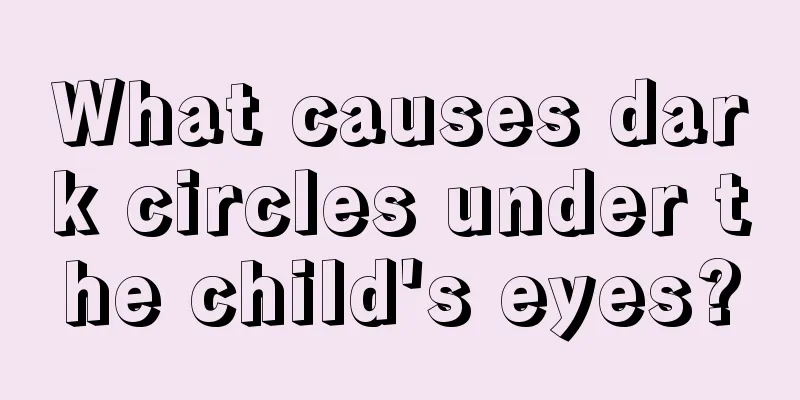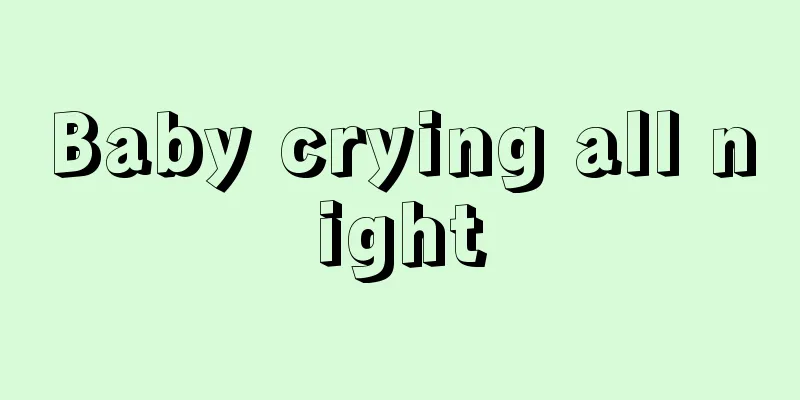What are the causes of schizophrenia in children?

|
Childhood schizophrenia is a common mental illness. The probability of children suffering from schizophrenia is lower than that of adults, but the harm is also very great. Patients will have obvious language disorders and emotional disorders, as well as obvious thinking disorders, causing the patient's behavior and activities to become very abnormal. The main causes of childhood schizophrenia that have been discovered so far are as follows. 1. Genetic factors The incidence of a genetic history of mental illness in the family of children with this disease is relatively high (16% to 64%). 2. Organic factors It is common for children with this disease to have a history of perinatal damage. Delayed maturation of the nervous system, soft signs in neurological examinations, and electroencephalogram abnormalities are also common. In recent years, studies have found that the latency period of the P300 evoked potential in children with schizophrenia is significantly shortened and the amplitude is reduced; results of head CT scans, magnetic resonance imaging (MRI), and other studies suggest that damage to the frontal lobe, basal ganglia, and temporal lobe are closely related to schizophrenia. 3. Psychosocial factors It is common for children to develop schizophrenia due to severe mental trauma, such as parental divorce, death of relatives, failure to continue education and other life events. Psychosocial factors also have an important impact on the continuation of the disease and prognosis. 4. Personality traits before illness Children with this disease are mostly introverted before the onset of the disease. On the basis of their abnormal or unhealthy personality, they are affected by environmental factors, which increases the risk of developing the disease. 5. Biochemical factors It is generally believed that this disease is related to excessive activity of the central dopaminergic system and insufficient noradrenergic function. Some studies have found that children with this disease have increased plasma dopamine β-hydroxylase and inhibited choleretic system. |
<<: What are some ways for children to enhance their immunity?
>>: What are the clinical manifestations of Henoch-Schonlein purpura in children?
Recommend
What are the symptoms of encephalitis in a five-year-old child?
Because children have weak body resistance when t...
Baby vomits severely after vaccination
For infants and young children, vaccination is a ...
How to treat children’s skin dampness and toxins? These methods deal with
If a child has skin problems with dampness and to...
How to treat prickly heat in children?
Prickly heat in children is a relatively common p...
Prevention of influenza in children
Autumn and winter are the seasons when influenza ...
How to massage baby's belly when he has diarrhea
Diarrhea in babies is quite common in life, mostl...
How to rehydrate infants with diarrhea and dehydration
Diarrhea in babies is a common occurrence. Some o...
How to treat a crying newborn
Newborns always cry and often make our parents at...
How to deal with children’s orthodontic treatment?
Orthodontic treatment refers to the correction of...
What to do if the baby's belly button is bulging and inflamed
Many mothers feel that it is not easy for them to...
What to do if your child has neck pain
There may be many reasons why children have neck ...
What is the effective treatment for sinusitis in children?
When children suffer from sinusitis, we must firs...
7-year-old child grinds his teeth when sleeping at night
Children often have problems sleeping at night. F...
Education of a 3-year-old
The education of 3-year-old children is a topic t...
What to do if your child always loses his temper
Children love to lose their temper and parents ar...









